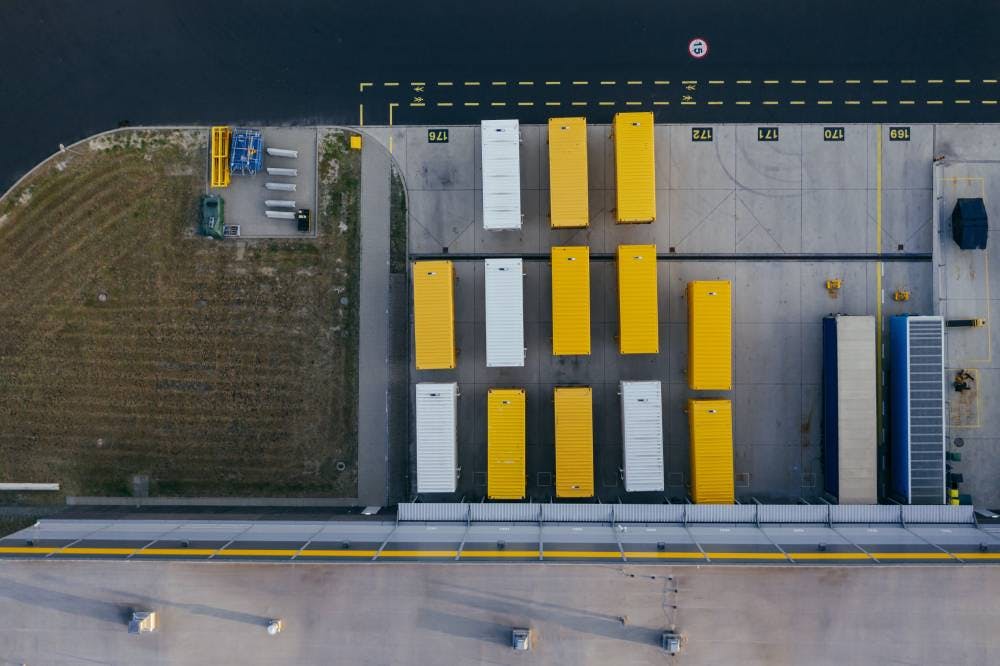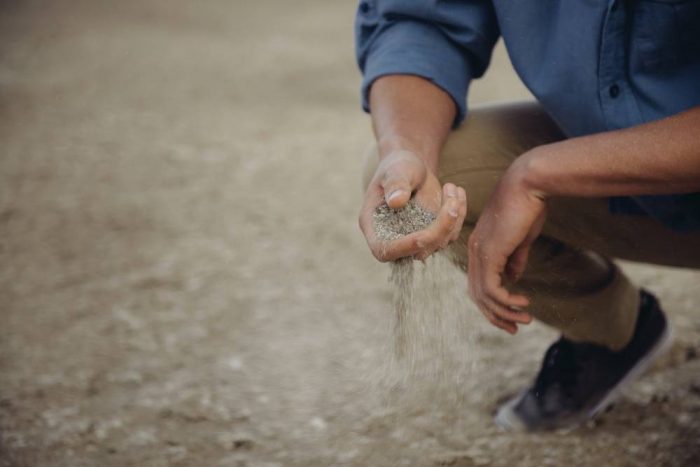Commercial
How to avoid buying contaminated commercial property
Published
23 May, 2022

We’ve said it a thousand times on this blog… Due diligence is key to successful commercial property investing. If you want to avoid buying contaminated real estate, start with due diligence.
Whether you’re buying your first or your one-hundred-and-first commercial asset, there are strict checks and balances you should go through before signing any purchase contract. This applies to the oldest players in the game, as well as the youngest. And the reason for having such an authoritative pre-purchase investigation? You’ll want to avoid the hellish discovery of contamination on your potential property purchase.

Due diligence is key to successful commercial property investing. If you want to avoid buying contaminated real estate, start with due diligence.
Author’s note: Properties & Pathways invests all over Australia. But as we are based in Perth, this blog post focuses predominantly on the rules and regulations in place for WA. Every state is different. Check the rules and regulations in your precinct to ensure you know your rights.
Disclosure of contamination
Under the Contaminated Sites Act 2003, issued by the Department of Environment and Conservation, a vendor has to provide at least 14 days written notice of the contamination to a potential buyer before the completion of the transaction.
Under Part 4 of the Act, the land will be described as one of seven classifications, with the below four entailing more serious ramifications for the property owner:
- Contaminated – remediation required: the site is contaminated and needs to be cleaned up to ensure it is safe for human use or for the environment. This classification will remain until the site is deemed safe.
- Contaminated – restricted use: the site is contaminated but for restricted use (i.e. commercial only, or residential if certain aspects of it – for example, the bore – are not used.)
- Remediated for restricted use: the site may have been cleaned up for limited use (i.e. may be used as an apartment building but not as a kindergarten.)
- Possibly contaminated – investigation required: there are reasons to believe the soil, groundwater, or surface water at the site may be contaminated, but more information is required to confirm.
So, the vendor should tell you about any of the above classifications. But that’s not always how it goes.
The vendor might not be upfront, or they may just be unaware their site is indeed contaminated. The asset may long ago have been a fuel station or an industrial site which carried its own fuel tanks – and those fuel tanks might be buried underneath your otherwise immaculate looking asset.

The asset may long ago have been a fuel station or an industrial site which carried its own fuel tanks – and those fuel tanks might be buried underneath your otherwise immaculate looking asset.
Contamination can ruin your investment. And while not always a dealbreaker, finding contamination on your site, as the result of a thorough due diligence investigation, will create a range of hurdles for you to clear before you consider pursuing the investment. And a lot of the time, it’s just not worth the hassle. Even if you’re able to remove the contamination label from the property.
Contaminated sites, whether from bad soil or air, can be a pain to manage and a nightmare to divest.
Here’s how to avoid buying a contaminated commercial property.
Do your due diligence
A quality due diligence investigation not only canvases the broader market movements of your chosen property’s precinct. But also agonises over the details of the tenant, the property, the leases, the finances, the improvements, and naturally the underlying land.
Providing the correct registrations have been made, the certificate of title should list the contamination with the wording Memorial Contaminated Sites Act 2003 – Registered. If you see this, you’ll need to poke the vendor for some answers.
There are hundreds of checks to make during your due diligence. If you want to know more, check out our seven tips for a successful property due diligence.
Complete the right contamination reports
In order to fully understand any contamination, you’ll need soil and groundwater samples in various locations across the site. This is a costly exercise and also must be comprehensively reviewed. And any negative findings have the ability to significantly impact the underlying site value. This is when you may wish to walk.

In order to fully understand any contamination, you’ll need soil and groundwater samples in various locations across the site.
An independent environmental assessment expert can help if you find your potential asset has the classification, Possibly contaminated – investigation required. This is typically a Phase 1 Environmental Site Assessment, which involves a thorough examination of the soil, groundwater, and bore on a site, and also includes interviews with the property owners (past and present) and neighbours.
The expert will forward their findings to the relevant government department (in the case of WA, this is the Department of Water and Environmental Regulation (DWER)), with discovery recorded on the state register.
Get local environmental records
The Contaminated Sites Database (WA) allows you to search for and view known contaminated sites in the state. Also known as the Contaminated Land Record (NSW) and Priority Sites Register (VIC), the database helps you understand the contamination classification of your property and its surrounding areas.
While not every property will have its classification listed on these databases (indeed, not every property has been tested for contamination – further motivation for you to have your potential property purchase checked out), those that are will either leave you with more questions for the vendor or make you run for the hills.
Talk to the neighbours

There’s a lot you’ll learn from the tenant and their neighbours, because anyone with a serious gripe will struggle to keep it to themselves.
The best property professionals put their computer aside and get on-site.
Regardless of whether we’re looking for contamination, we like to talk to our prospective tenants and neighbours about the property and surrounding area. There’s a lot you’ll learn from the tenant and their neighbours, because anyone with a serious gripe will struggle to keep it to themselves.
You might not be doing this yourself, and in fact – as we’ve mentioned – most independent environmental assessment experts will do this for you. But it’s a good idea to keep in mind that you can and indeed should get out there and chat with the occupants. You might learn more about the property than the owner has knowledge of, or uncover more comprehensive information than even what the reports provide.
Who is responsible for removing the contamination?
It depends.
Most would think the vendor would be. After all, they’re the ones selling a contaminated site. And under the ‘polluter pays principle’, anyone thinking the onus is on the owner would be right.
But if the property has only recently been listed as a contaminated site, as a result of new findings, or the contract implicitly removes the vendor from liability, then they may divest the dirty property with clean hands.
At the end of the day, the only person responsible for finding contamination is you. So, if you’re not up to the task or you’re unsure whether the risk outweighs the reward, it might be best to walk away.
It’s far better to find an issue and not proceed than to overlook an issue and proceed unknowingly.
Commercial real estate can be a complex and tiring investment. That’s why most Australians leave it to the professionals.
Consider investing in a property syndicate. It’s a set and forget investment. And with Properties & Pathways, we invest alongside you. Get in touch today for more information. Or subscribe to our Investment Updates to stay in the loop about our future unlisted property trust opportunities.




